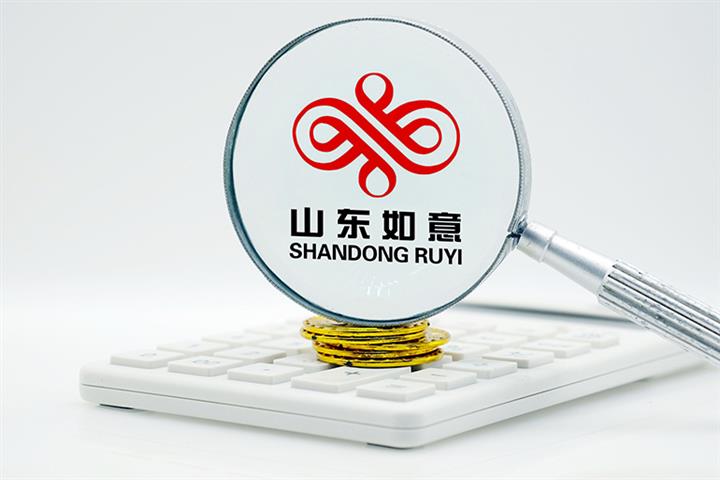 Chinese LVMH Wannabe Ruyi’s Debt Defaults Climb to USD1.3 Billion
Chinese LVMH Wannabe Ruyi’s Debt Defaults Climb to USD1.3 Billion(Yicai Global) Nov. 21 -- Ruyi Technology Group, a luxury fashion conglomerate with avowed designs on becoming China's LVMH, has defaulted on more debt bringing the total amount to about CNY9 billion (USD1.3 billion).
Ruyi failed to follow court orders and repay debt worth more than CNY1.1 billion, according to recent entries on corporate information platform Tianyancha.
Chairman Qiu Yafu, who took control of Ruyi in 2009, declared his intention to turn the Jining-based firm into China's LVMH in 2018. But the company’s breakneck acquisition of overseas fashion brands and a pandemic has upended that.
Ruyi was hit by the bankruptcy of firms it owns, credit rating downgrades, and overdue payment of huge debts in 2020, and, unable to raise the funds, also failed to complete its acquisition of Swiss luxury fashion house Bally that year.
The company, which owns Shenzhen-listed Shandong Ruyi Woolen Garment Group, has invested in 46 firms, while its unit Ruyi Fashion has invested in 44 others, according to data from Tianyancha.
Ruyi bought French apparel and accessories company SMCP for EUR1.3 billion (USD1.3 billion) in 2016. The following year, SMCP went public in Paris, posting almost 100 percent revenue growth about three years after its acquisition.
But Ruyi lost its position as SMCP's biggest shareholder in 2021 following default on a EUR250 million (USD257.3 million) debt. Earlier this year, SMCP's shareholders voted to dissolve the board, leading to Qiu losing control of the French firm.
Ruyi also acquired British luxury brand Aquascutum, Israel men's wear group Bagir, and other fashion brands. In January 2019, it acquired US-based synthetic fibers and polymers giant Invista for USD2.6 billion. This February, Ruyi's creditors began to seek control of Invista due to a default on a USD400 million loan.
Qiu has gradually lost control of various companies following a string of defaults. As the actual controller of these companies, he is now classified as having failed to fulfill court orders and is restricted from high-level consumption.
Editor: Martin Kadiev